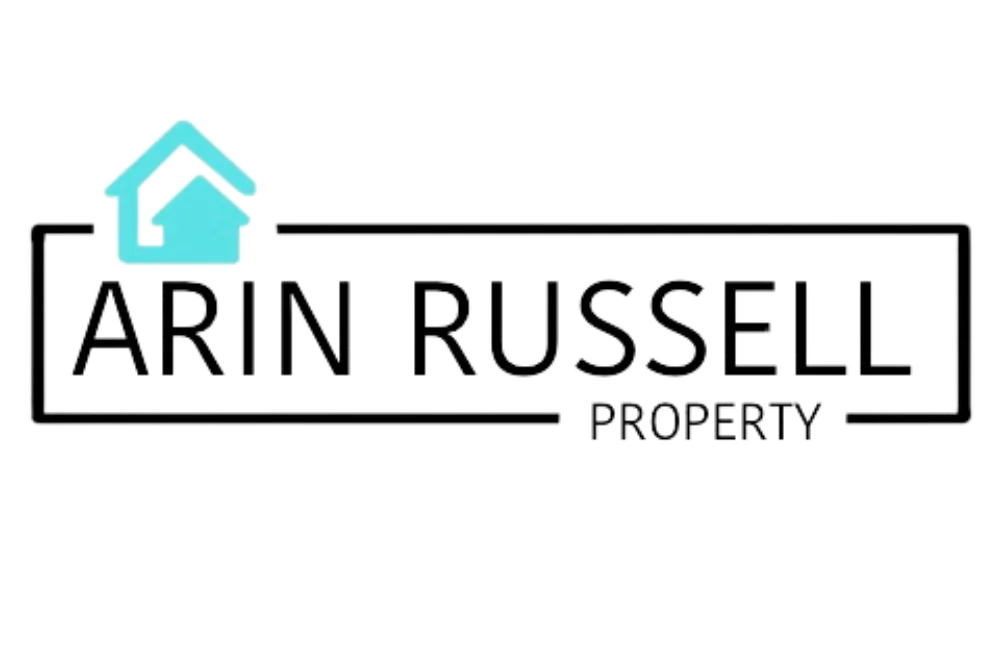Property News & Market Updates
We Respect Your Privacy.

How to Maximise Rental Property Deductions
How to Maximise Rental Property Tax Deductions for Landlords in Australia
As a rental property owner in Australia, you have a wide array of tax deductions that can significantly improve your property’s financial performance, especially for investment properties. The key is to understand which expenses you can claim to optimise your investment and grow your portfolio.
Our guide will walk you through the main rental expense categories, what you can claim right away, what you can claim over time, and what you can’t claim at all.
Rental Expense Categories in Australia
Rental expenses generally fall into three main buckets:
Immediate deductions
Deductions claimed over several years
Non-deductible expenses
Classifying your rental expenses correctly is essential for claiming all the deductions you’re entitled to.
What to Declare on Your Rental Property Tax Return
When completing your tax return, you must declare all rental income you receive, including:
Rent payments
Rental bond money you retain
Insurance pay outs (e.g. for damage caused by tenants)
Reimbursements from tenants
You can then deduct your eligible expenses to calculate your net rental income or loss. If the property is co-owned, the income and expenses must be apportioned among the owners based on their legal interest in the property.
Determining your rental income and expenses is crucial for managing your investment property tax obligations.
Expenses You Can Claim Right Away
Many rental property expenses can be claimed as tax deductions in the same financial year you incur them. These include:

It's crucial to claim deductions correctly to maximise your tax benefits.
Remember, you can only claim these expenses if the property is rented out or genuinely available for rent when you incur the cost.
Expenses You Can't Claim
There are some property expenses you can’t claim as tax deductions at all, including:
Certain legal expenses
Expenses paid by your tenants (e.g. electricity, gas)
Expenses not related to your rental property
Acquisition and sale costs (e.g. stamp duty, legal fees, buyer’s agent fees)
Travel expenses to inspect your property (unless you’re in the business of renting properties)
Expenses You Can Claim Over Several Years
Some rental property expenses must be claimed gradually over multiple years, such as:
Borrowing expenses (e.g. loan establishment fees, mortgage broker fees)
Depreciation on the building structure (claimed at 2.5% per year over 40 years)
Depreciation on new plant and equipment assets (e.g. air conditioner, hot water system)
If you make any renovations or improvements to the property, you can also claim these costs over several years at 2.5% per year. These are known as capital works deductions.
An important point to consider: If you bought your property after 9 May 2017, you can’t claim depreciation on previously used plant and equipment assets. You can only claim depreciation on these assets if they were brand new or no one claimed depreciation on them previously.
Maximising Your Rental Property Tax Deductions
To get the most out of your rental property tax deductions:
Maintain detailed records of all your income and expenses
Obtain a tax depreciation schedule from a qualified quantity surveyor
Claim all eligible deductions, including vacant land tax if applicable
Consider prepaying some expenses (e.g. insurance, interest) to bring forward deductions
Time repairs and maintenance strategically
Use negative gearing to offset losses against other income
Claim travel expenses if you’re running a rental property business
Land Tax and Other Considerations
In addition to income tax deductions, rental property owners may also be liable for land tax, which is based on the unimproved value of the land. This is separate from council rates.
Owners of properties in strata title arrangements will have to pay body corporate fees, which can be claimed as an immediate deduction. You may have to pay capital gains tax if you sell your rental property and make a capital gain.
The amount depends on factors like how long you owned the property and if it was your main residence for part of the ownership period.
Key Takeaways
Rental property expenses fall into three categories: immediately deductible, claimable over several years, and non-deductible.
Expenses such as property management fees, repairs, insurance, and loan interest can be claimed immediately.
Expenses such as borrowing costs, depreciation, and capital works are claimed over multiple years.
Acquisition costs, travel expenses (in some cases), and tenant-paid expenses can’t be claimed.
Keeping good records and seeking expert advice can help you maximise your deductions and optimise your tax return.
Correctly claiming investment property tax deductions can significantly reduce your tax liability.
Understanding the rules around rental property tax deductions and implementing some smart strategies can significantly boost your after-tax returns as a landlord.
Proudly Prepared by


PORTANT INFORMATION
This information is general in nature and does not take into account your personal financial situation. It is for educational purposes only, and does not constitute formal financial advice. You should always seek personal financial advice that is tailored to your specific needs.
